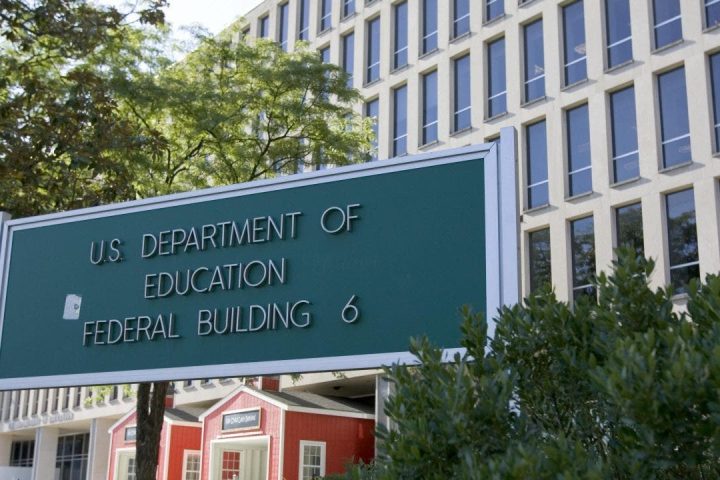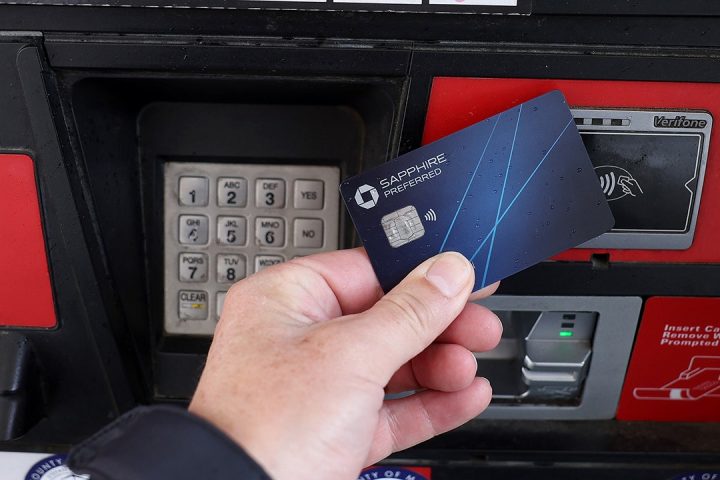Americans now owe $1.08 trillion on their credit cards after racking up a collective $48 billion in new spending during the third quarter of 2023, according to a recent report on household debt from the Federal Reserve Bank of New York.
Credit card balances spiked by $154 billion year over year, notching the most significant increase since 1999, according to the New York Fed. In total, debts increased by $93 billion, with auto loan debts growing by $13 billion, maintaining an upward trend since 2011, and reaching a total of $1.6 trillion.
Along with increased credit card usage, delinquency rates also rose across the board for most debt types except student loans and home equity lines of credit, according to the New York Fed. The increases in credit card delinquency were the sharpest among millennials, or borrowers between the ages of 30 and 39, who are also burdened by high levels of student loan debt.
“Credit card balances experienced a large jump in the third quarter, consistent with strong consumer spending and real GDP growth,” New York Fed Economic Research Advisor Donghoon Lee said. “The continued rise in credit card delinquency rates is broad-based across area income and region, but particularly pronounced among millennials and those with auto loans or student loans.”
If you’re struggling with high-interest debt in a troubling economy, you could consider paying it off with a personal loan at a lower interest rate. Visit Credible to compare your options without affecting your credit score.
BUY A HOME IN THESE STATES TO GET STUDENT LOAN DEBT RELIEF
Credit card delinquencies rising
Spending is up, and so are credit card delinquencies. This comes after registering record-low missed payments during the pandemic and has now surpassed pre-pandemic levels, according to the New York Fed.
Part of why consumers are becoming delinquent is tied to inflation, rising costs and student loan payments resuming. Credit card delinquencies are growing faster for borrowers who also have auto and student loans. This group’s transition rate into credit card delinquency is 0.6 percentage point higher than before the pandemic.
“These repayment difficulties will likely continue to mount for student loan borrowers, now that student loan payments have resumed,” The New Fed said.
Despite rising delinquencies, the average consumer credit score held steady in September for the third consecutive month at 701, according to VantageScore.
“Delinquencies have continued their overall trajectory upward since May, a clear sign that consumers are feeling the pressure of inflation and rate hikes,” Susan Fahy, executive vice president and chief digital officer at VantageScore said. “The month-over-month increase we’ve seen over the last four months in early-stage delinquencies has led to a consistent and corresponding rise in later-stage delinquencies in the following month.
“Lenders should, therefore, be cautious as they head into the holiday shopping season as new originations could invite increased credit risk.”
If you’re worried about high-interest debt, you could consider paying it off with a personal loan at a lower rate to reduce your monthly payments. Visit Credible to get your personalized rate in minutes.
MANY AMERICANS PREPARING FOR A RECESSION DESPITE SIGNS THAT SAY OTHERWISE: SURVEY
Plan to avoid overspending this Holiday
Holiday sales are anticipated to reach pre-pandemic levels this year and will grow between 3% and 4% over 2022 to between $957.3 billion and $966.6 billion, according to the National Retail Federation (NRF). On average, consumers plan to spend $875 on gifts, decorations, food and other key seasonal items.
Before you shop for the holidays, consider these ways to help you stick to your budget and protect your finances:
Stick to your list
Avoid impulse spending by mapping out a holiday budget. Make a list of what you need and where you plan on buying it, and stick to it.
Do your research
This year sales have started earlier than ever. If you missed the pre-Halloween deals, plan to maximize Black Friday savings. Amazon, for example, is starting its Black Friday event on Nov. 17. Remember, stick to your list because unplanned spending on even a good deal could still derail your spending plans.
Use one credit card when shopping
Using one credit card will make it easy to keep track of your spending and monitor for fraudulent activity.
If you’re interested in paying off high-interest debt with a personal loan, you could visit the Credible marketplace to learn more about your options and speak with an expert to get your questions answered.
COLLEGE TUITION PAYMENT PLANS MAY PUT STUDENT AT RISK: CFPB
Have a finance-related question, but don’t know who to ask? Email The Credible Money Expert at [email protected] and your question might be answered by Credible in our Money Expert column.
Read the full article here







